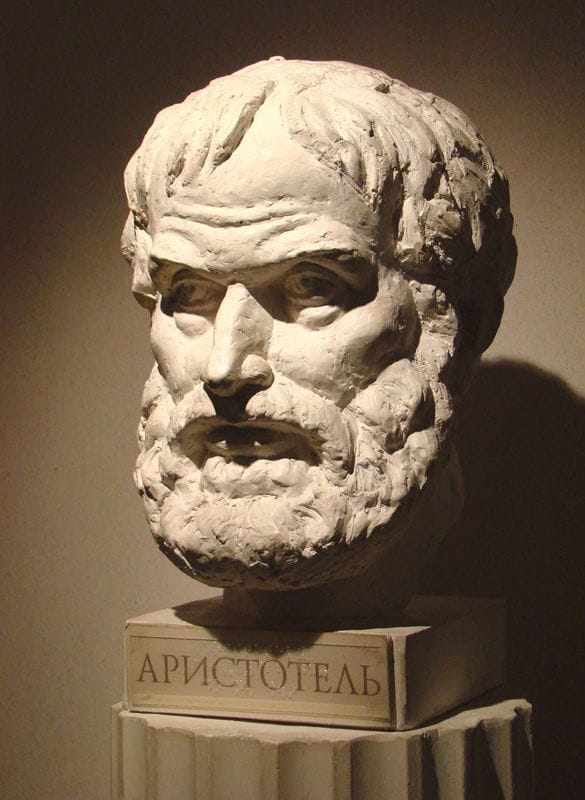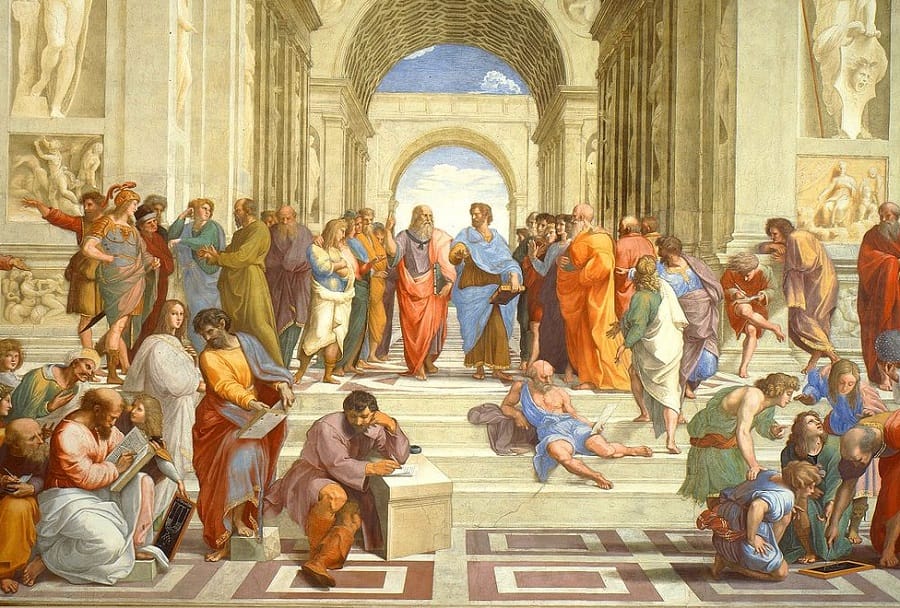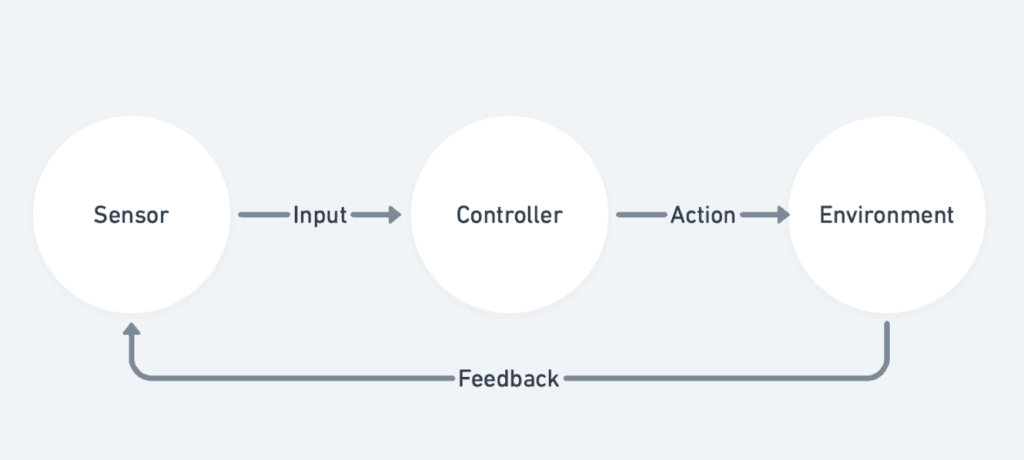Teleology is all about purpose. It comes from two Greek words: telos, which means end or goal, and logos, meaning study or discussion. So, when we talk about teleology, we are looking at the idea that natural things and actions happen for a reason or with a specific goal in mind. Over time, this idea has popped up in philosophy, science, ethics, and even computers. What we’re doing here is taking a closer look at teleology. We’ll chat about where it comes from, its role in various fields, and why it still matters today.

A Brief History of Teleology
The word teleology came into play around the Enlightenment period. But the ideas behind it go way back, especially to ancient Greece. It’s built on the idea that everything has a purpose. For example, why does a tree grow? What’s the goal of a river flowing? These questions are connected to teleology.
Aristotle is a big name in this conversation. He had this idea of four causes that help explain why something exists. These are:
- Material cause – what something is made from.
- Formal cause – the design or shape of something.
- Efficient cause – the process that brought something into existence.
- Final cause – the purpose or goal.

Aristotle believed that understanding the final cause helps us grasp why things exist at all. Think about a seed – its goal is to grow into a tree. Aristotle’s views have shaped how we think about nature and purpose.
The Philosophers: Plato and Aristotle
Plato’s Ideas
Plato, another ancient Greek thinker, laid some groundwork for teleology. In his writings, especially in Timaeus, he talked about the universe being organized by a force called the Demiurge. This divine craftsman creates order from chaos. For Plato, everything was aimed at achieving the highest good. The universe is like a reflection of this perfect form of goodness.
Aristotle’s Approach
Aristotle took a different route. He focused on real-life observations, believing that everything in nature has a goal. In his view, both plants and animals develop in ways that have purpose. For Aristotle, the final cause is king when explaining existence. Like, a bird’s wings exist to help it fly. His ideas greatly influenced biology and how we think about the functions of living beings.

Modern Views: Testing Teleology
As science progressed, especially with the rise of measurement and testing, teleology faced some criticism. In the 1600s, thinkers like René Descartes argued against the idea that nature has built-in purposes. Instead, he said everything works like a machine, with laws of physics governing how it all operates, without needing a goal.
Immanuel Kant, a major thinker in modern philosophy, also revisited teleology. He claimed teleology is more about how we humans see and make sense of things. According to Kant, we naturally look for purpose in nature, even if that purpose isn’t inherently there.
Postmodern Philosophy: A New Take
In more recent times, figures like Friedrich Nietzsche and Michel Foucault pushed back against teleology. Nietzsche focused on chaos and struggle, rejecting any universal purpose in nature. He believed we create our own meanings and values. On the other hand, Foucault criticized how teleological ideas can be used to justify power and control in society. He stressed the importance of looking at history to understand these views.

Teleology in Ethics: What’s Right?
In ethics, teleology means judging actions by their results. One of the most well-known ethical theories is utilitarianism. Thinkers like Jeremy Bentham and John Stuart Mill developed this idea. They argued that the right action maximizes happiness or overall well-being. So, the purpose of a moral act is to promote the greatest good.
This idea contrasts with another ethical view called deontology. Deontological ethics, which Kant supported, holds that actions should be measured by their adherence to rules, not by their outcomes. While teleological ethics focuses on achieving a specific result, deontological ethics values the action itself. Debates about teleology in ethics still show up today, especially in areas like medical ethics, where the consequences of actions are a big deal.
Teleology in Economics: Purpose in the Economy
When we look at economics, teleological thoughts show up too. Some economists think of the economy as aiming for certain results, like wealth or social good. Adam Smith spoke about the invisible hand of the market. He believed that when individuals chase their interests, they ultimately help society thrive.
Karl Marx had a different take. He critiqued capitalism, saying it leads to the concentration of wealth in a few hands. Marx believed that one day, capitalism would be replaced by socialism, where the economy serves everyone rather than just a select few.

Teleology in Science and Biology
In science, teleology has been a tricky topic. The advent of Darwin’s theory of evolution changed the game. He showed that life develops through natural processes without any specific aim in mind. Instead of having built-in purposes, organisms evolve to survive and reproduce.
But in biology, people sometimes still talk about functions using teleological language. For instance, we say a heart exists to pump blood. While these descriptions hint at purpose, they’re often understood in an evolutionary context rather than from a design perspective.
Teleology in Cybernetics: Systems with Goals
Cybernetics, which studies systems and their control, gives a fresh spin on teleology. It looks at how systems—be they biological, mechanical, or social—work to achieve goals. Norbert Wiener, a pioneer in cybernetics, examined how feedback loops help systems maintain stability. This goal-driven behavior is similar to teleology, but it focuses more on information and regulation rather than on inherent purposes.

In today’s discussions about artificial intelligence, teleology pops up again. When we design machines, we set specific goals for them. Their behavior is directed toward achieving these through complex coding and decision-making.
Teleology
Teleology is a rich idea that has shaped our thoughts in many fields. From Plato and Aristotle’s early musings to modern challenges in science and philosophy, the idea that things exist with a purpose has played a central role in human understanding. Whether we look at nature, ethics, economics, or technology, teleology helps us think about goals and why things matter. Despite its critics, this concept continues to inspire conversations about human choices and our place in the universe.



